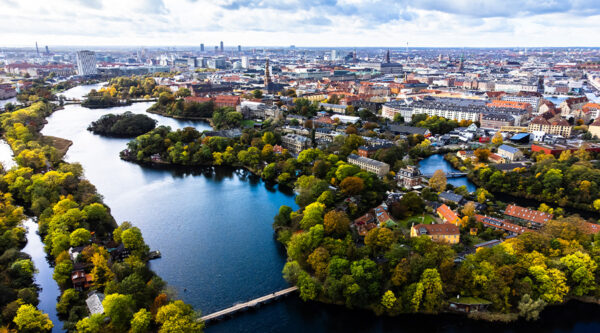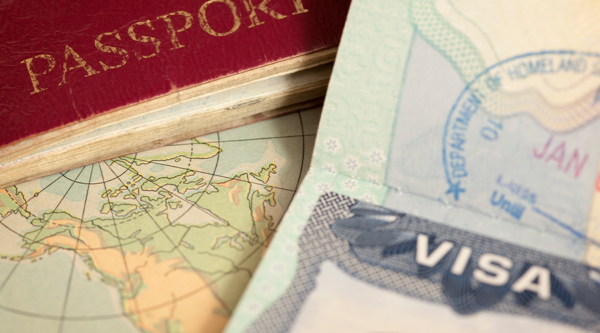

In the last decade, Portugal has made a considerable effort to attract foreign investors, highly skilled professionals and pensioners. The country is currently – within the European Union – one of the most attractive and tax-efficient countries for those willing to relocate to Portugal.
People in countries outside of Portugal now have at their disposal well-defined mechanisms that allow them to easily relocate and benefit from an advantageous and efficient tax regime.
At this point, it’s worth mentioning the recently approved digital nomad visa. Entrepreneurs and remote workers that earn more than €3,040 – around £2,650 – per month now have a dedicated regime allowing them to legally enter and live in Portugal.
The new digital nomad visa, together with the D2 visa for entrepreneurs, the D7 visa for passive income earners such as pensioners and wealthy individuals and the regular work visa, provides a wide range of options for those looking to enter and live in Portugal.
In addition to being granted the opportunity to move freely inside the Schengen Area, encompassing most of the European Union and some other European countries like Iceland, Liechtenstein, Norway, and Switzerland, visa holders have the right to apply for family reunification. This allows family to be brought into Portugal, who may gain access to a permanent residence permit.
After being resident in Portugal for at least five years, foreign investors become eligible for Portuguese citizenship. This will allow them to live, work and study in any country in the European Union.
Tax
From a tax perspective, those who change their tax residence to Portugal may apply for the Non-Habitual Residents (NHR) tax regime, provided that they have not been a tax resident in Portugal in the previous five years.
This tax regime, valid for ten years, establishes a flat tax rate of 20% for the domestic source income derived from high value added activities. In respect of foreign source incomes, pensions earned are subject to a flat rate of 10%.
Provided that some requirements are met with, in respect to other types of incomes, the exemption method for the elimination of double taxation is applicable. This ultimately means that such income is not subject to taxation in Portugal.
The possibilities for tax plannings are broad and clearly allow the reduction of the effective tax rate.
In conclusion, together with its hospitality, security, stability and affordable cost of living, people who are not native to Portugal can now relax on the beach, countryside or just by the pool, enjoying Portuguese warm weather without being concerned with their individual taxation.
This article was authored by Ricardo Gonçalves de Oliveira, Partner at Marques Bom & Associados. Raj Pahuja, Acting Head of our International team, leads this service for HCR and can be contacted by email










